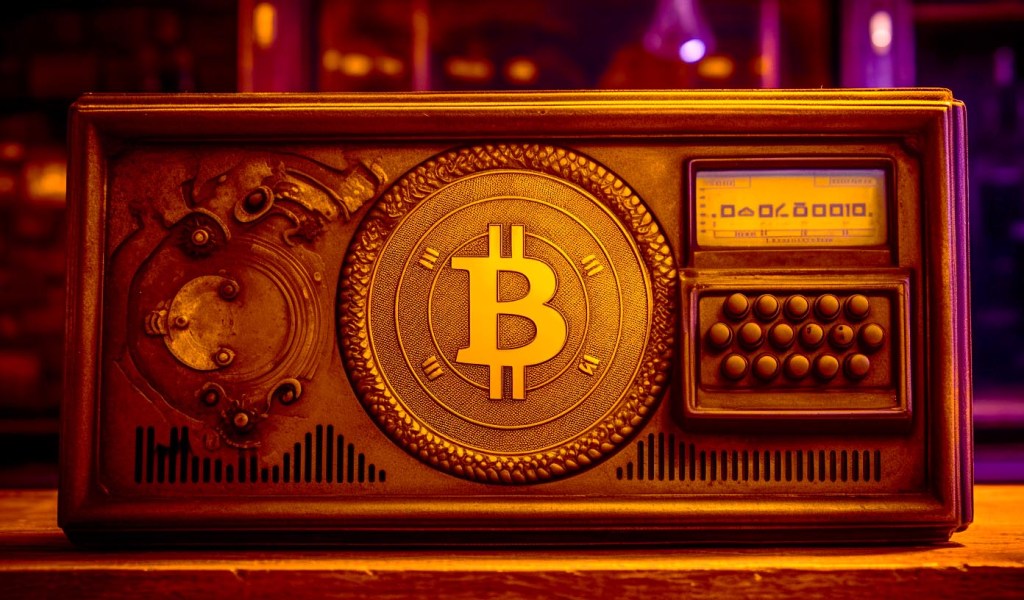
Apple faces a class action over alleged anti-competitive conduct in the iOS peer-to-peer payments market.
Disgruntled consumers have filed a class-action lawsuit against Apple claiming the tech giant has conspired to limit peer-to-peer payment options on its devices and block crypto technology from iOS payments apps.
The Nov. 17 complaint filed in a California District Court alleges Apple entered into anti-competitive agreements with PayPal’s Venmo and Block’s Cash App to restrict the use of decentralized cryptocurrency technology in payment apps, which caused users to pay "rapidly inflating prices."
“These agreements limit feature competition—and the price competition that would flow from it—marketwide, including by barring the incorporation of decentralized cryptocurrency technology within existing or new iOS Peer-to-Peer Payment apps,” the filing says.
The plaintiffs also claimed Apple uses “technological and contractual restraints,” including hardware-enforced App Store exclusivity and “contractual limitations on web browser technology” to “exercise unfettered control over every app installed and run on iPhones and iPads.”
With these restraints, Apple can — and does — force new to market iOS P2P payment apps to bar crypto "as a condition for entry," the suit claimed.

The plaintiffs describe themselves as customers who have paid inflated fees due to Apple’s restraints of trade across the iOS P2P payment market.
They seek to recover for excessive fees and overcharging due to Apple’s alleged anticompetitive conduct and injunctive relief barring the firm from continuing to enter into and enforce anticompetitive agreements restraining iOS P2P Payment Market competitors and would-be entrants.
Related: Apple’s 30% tax rules will stay for now, crypto and NFTs may have to wait
The 58-page class action details the history and rise of peer-to-peer payment apps and decentralized cryptocurrencies and Apple’s entry into this market.
In April, the Court of Appeals for the Ninth Circuit ruled Apple violated California’s competition laws by not allowing apps to direct users to non-Apple linked payment solutions.
Magazine: 6 Questions for Lugui Tillier about Bitcoin, Ordinals, and the future of crypto













